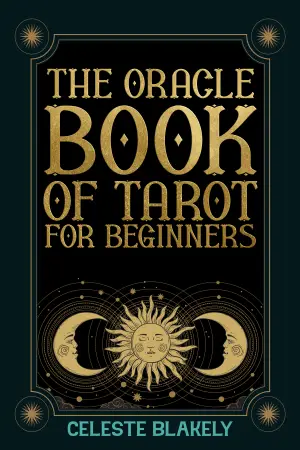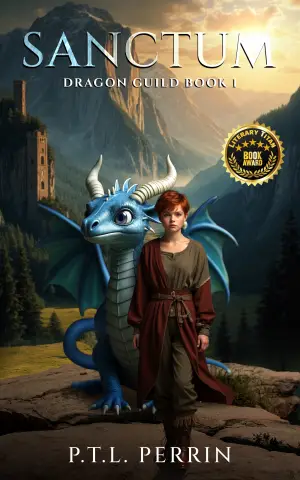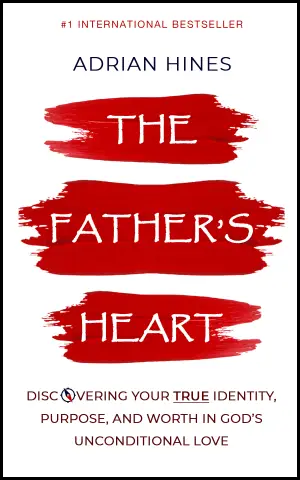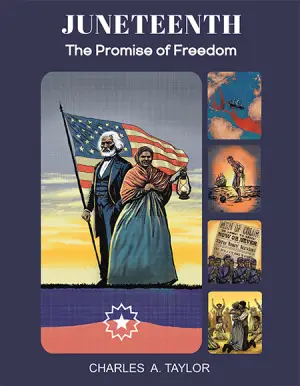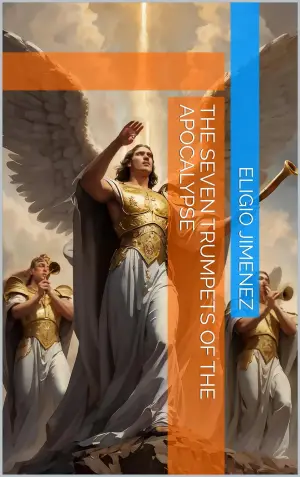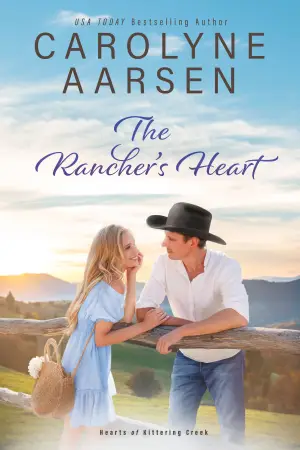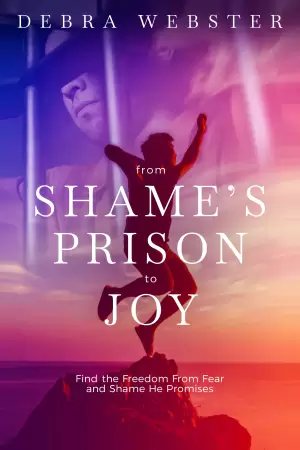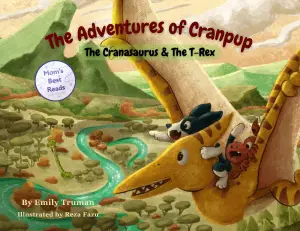The Book of Lost Friends: A Journey Through History and Heartfelt Connections
When I first came across The Book of Lost Friends: A Novel by Lisa Wingate, I was instantly drawn in by its dual narrative structure and the promise of intertwining stories that bridge generations. As someone who revels in historical fiction that dives deep into the fabric of American history, Wingate’s book felt like an invitation to explore the rich tapestry of lives impacted by one of the darkest chapters in our nation’s past.
The novel unfolds in two timelines: Louisiana in 1875 and Louisiana again in 1987. At its heart, we follow three extraordinary women—Hannie, Lavinia, and Juneau Jane—who embark on a harrowing journey to find lost family members after the Civil War. The stark contrast between their historical struggle and that of Benedetta Silva, a modern-day teacher battling the challenges of an underfunded school, is both poignant and profound. As I delved into their stories, I found myself reflecting on how the past continually shapes our present.
Wingate’s writing is a seamless blend of warmth and truth. Her attention to detail truly brings the landscapes of Louisiana and Texas to life, immersing readers in the heat, humidity, and palpable tension of a nation still grappling with the repercussions of slavery. I could almost feel the oppressive air of the swamps as Hannie searched for her lost family, her hope igniting a fierce desire in me to learn more about her fate.
One particularly memorable quote that resonated with me was when Hannie muses about family—“Love knows no bounds, even when the world tries to tear us apart.” This sentiment reflects the book’s overarching theme of familial bonds that remain unbroken by time, even amid the harsh realities of loss and separation.
What struck me the most was how Wingate deftly weaves in real historical elements, using “Lost Friends” advertisements featured in Southern newspapers. These ads serve as a haunting yet powerful reminder of the human cost of slavery. The juxtaposition of struggle and hope throughout the narrative is emotionally charged and leaves an indelible mark.
However, I can understand why some readers might find the pacing uneven. There were moments where the narrative felt a bit drawn out, and I yearned for the stories to converge more swiftly. Yet, the character development is rich enough to keep you engaged, drawing you deeper into their struggles, their growth, and their victories.
In conclusion, I wholeheartedly recommend The Book of Lost Friends to anyone who appreciates historical fiction that is not just a recounting of events but a deep exploration of the human spirit’s resilience. This book is a necessary read for educators, history enthusiasts, and anyone looking to gain a deeper understanding of how our legacies shape our futures. As I closed the book, I found myself inspired to seek out further narratives that echo the importance of connection across generations—stories that remind us of where we come from and who we have the power to become.
In a world where stories often become lost, Wingate’s novel beautifully illuminates the paths of those who dared to seek out their past, offering hope for a brighter future. Read it; you won’t just read a story—you’ll embark on a journey that lingers long after the last page.

